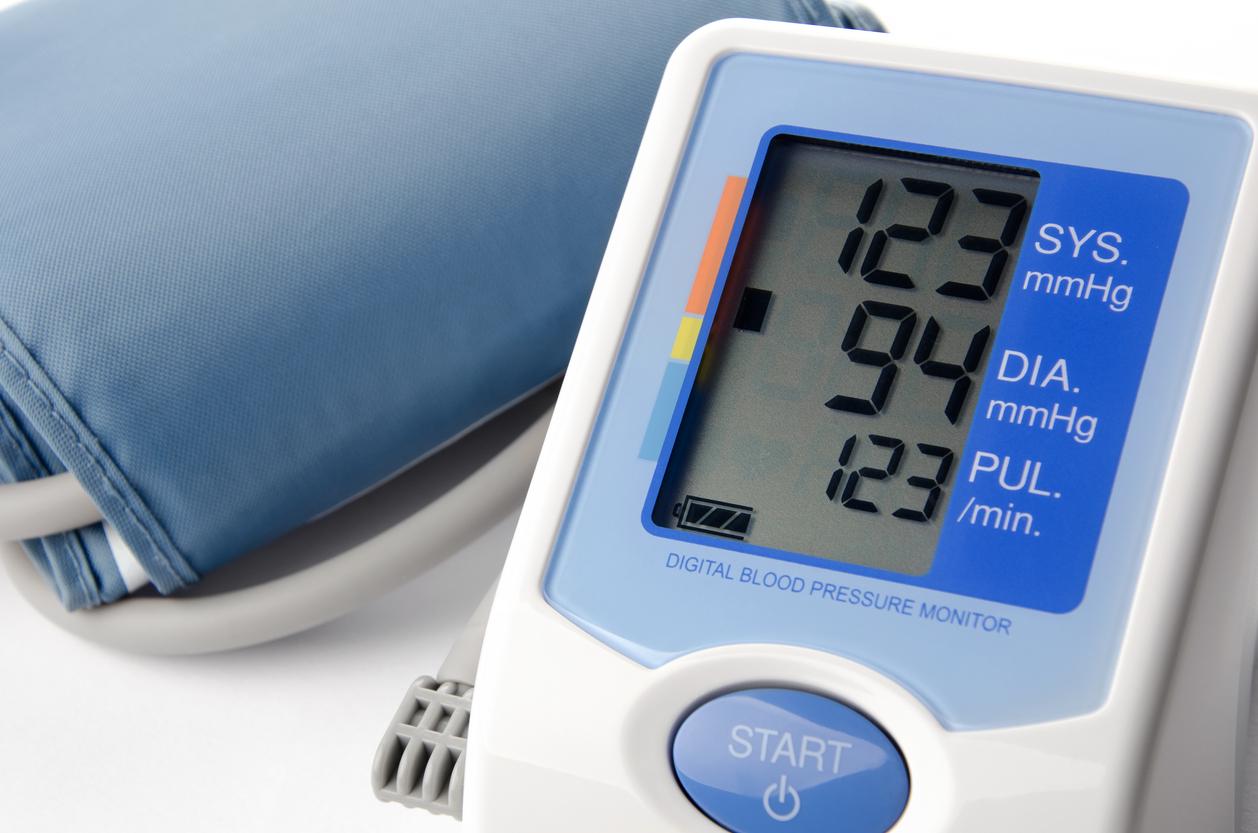
Intensive BP control reduces risk of heart attack and stroke
Practice Nurse 2025;55(5):6
For people diagnosed with high blood pressure, intensive blood pressure control to lower systolic blood pressure to below 120 mmHg or 130 mmHg can reduce the risk of major cardiovascular events, including heart attack and stroke, latest research confirms.
The new study, published in The Lancet, is the most comprehensive analysis to date on the benefit-harm profile of intensive blood pressure control, offering robust evidence to guide patient-centred hypertension treatment worldwide.
Medication and lifestyle changes are well-known to lower blood pressure, but there has been debate about the safety and risks of aiming for lower blood pressure targets to below 120 – 130 mmHg, which is lower than the current UK target of 140 mmHg.
Researchers therefore analysed data from more than 80,000 participants across six major clinical trials that tested different blood pressure targets. They found that people whose blood pressure was lowered intensively experienced fewer heart attacks, strokes, and cardiovascular-related deaths compared to those treated with standard blood pressure goals. However, these people did experience more side effects such as dizziness, fainting, arrhythmia, and kidney problems.
Importantly, the study suggests that both blood pressure targets—below 120 mmHg and below 130 mm Hg – provided net benefits, with some variation based on patient age, existing health conditions, and baseline blood pressure. The authors say these findings support a shift in clinical practice toward a more nuanced, patient-centred approach to blood pressure management.
See CVD prevention: start earlier, measure smarter, treat to lower targets
Guo X, et al. Lancet 31 August 2025. https://www.thelancet.com/journals/lancet/article/PIIS0140-6736(25)01391-1/fulltext
Related news
View all News